

Cisa Group specializes in cutting-edge technologies for infection control in healthcare facilities and for fighting cross-contamination in laboratories, research centres and industrial pharmaceutical processes.
• Solutions for operator safety and patient health protection.
• Solutions for the reduction of clinical risk and the protection of institutions and companies.
• Solutions safeguarding persons and respecting the environment and future generations.
• Innovation and research for production optimization and containment of consumption and costs.
RESPECT FOR THE ENVIRONMENT
health and safety protection
CUTTING-EDGE INNOVATION


Cisa Group technologies comply with at least 6 of the 17 Sustainable Development Goals (SDGs) of the United Nations
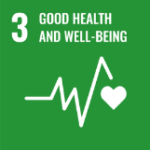
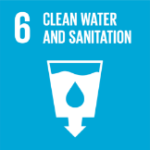
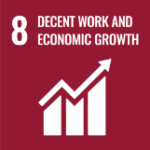
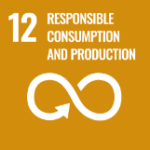
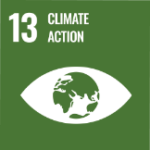
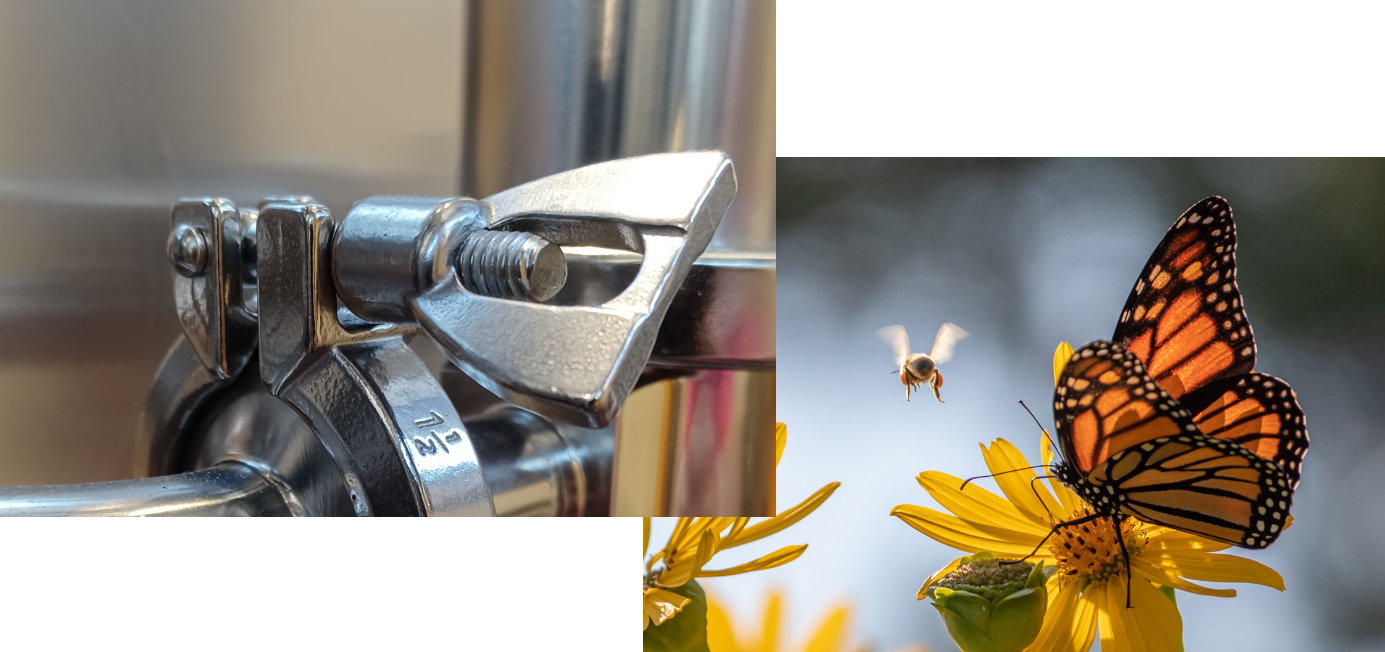
Design, manufacture and supply of Central Sterilizing Services Departments (CSSDs or SPDs) in hospitals all over the world. Advanced thermal disinfection and sterilization solutions and technologies for reusable medical devices (RMDs) and surgical instruments for healthcare and clinical applications of all sizes.
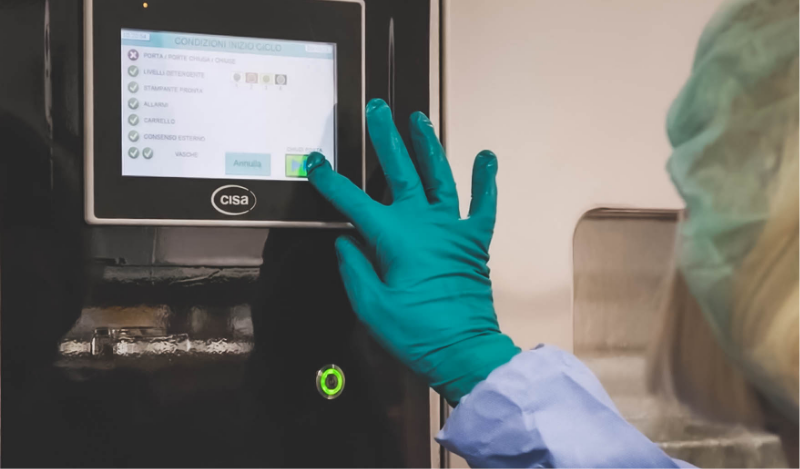
|
CSSD (SPD) Sterile Processing Department |
|
THERMAL DISINFECTION Washing and disinfections systems |
|
STERILIZATION Sterilization autoclaves |
|
SOLUTIONS FOR MEDICAL CLINICS Cisa Compact: for health centres, veterinary clinics and dental practices |
Cisa Group operates in the washing and sterilization market for the life science industry. Cisa Life Science equipment is designed for scientific laboratories research centres and pharmaceutical companies, active in the development and production of life-enhancing products.
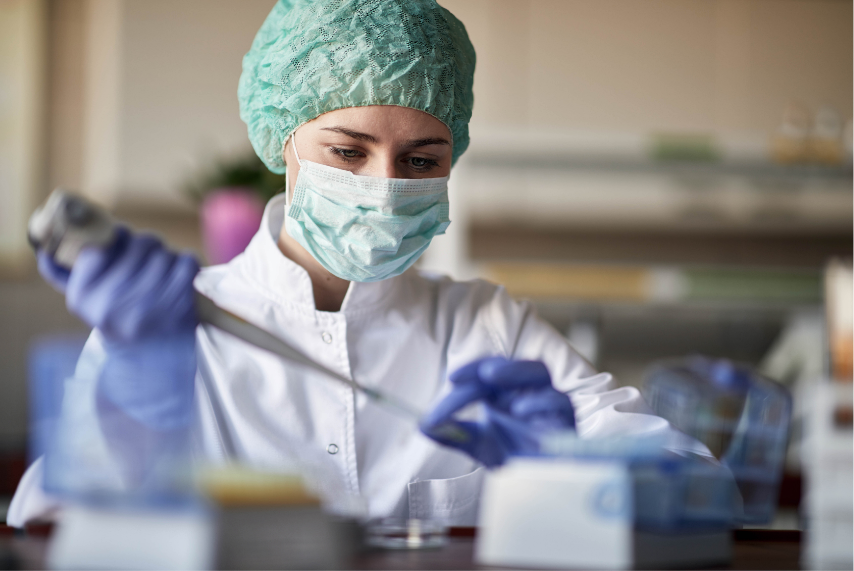
|
SOLUTIONS FOR LABORATORIES Washing Sterilization • BSL I, BLS II • BSL III, BLS IV |
|
SOLUTIONS FOR RESEARCH CENTRES Sterilization • BSL I, BLS II • BSL III, BLS IV Waste management |
|
SOLUTIONS FOR THE PHARMACEUTICAL INDUSTRY Sterilization |
Design, manufacture and installation of WSD® (Waste Sterilization Department) integrated central units for the treatment of infectious medical waste. An innovative technology that ensures a significant reduction in waste volumes and management costs together with full process control and proper risk management.
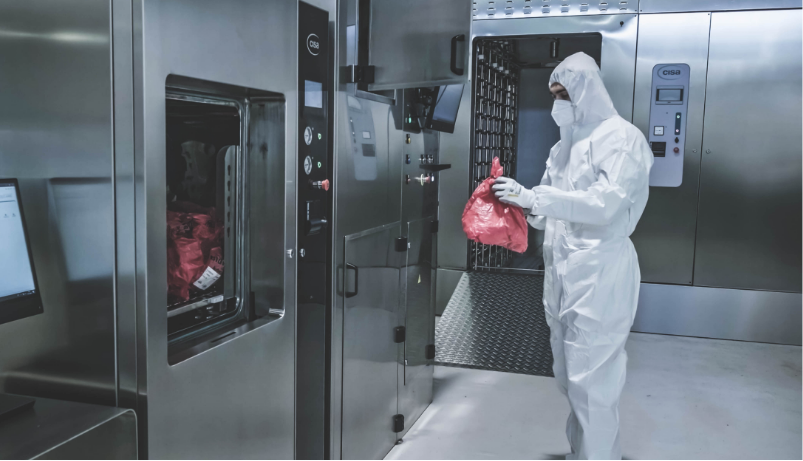
|
WSD 100 | WSD 200 | WSD 400 |
|
Sterili-Station WSM 50 | WSM 70 | WSM 100 |
After more than 70 years of industrial activity, Cisa Group has become a specialist in proprietary software and applications, which are essential in facilitating the proper control of risk management in healthcare facilities, in laboratory and research centre sterilization processes, and during industrial pharmaceutical production processes.
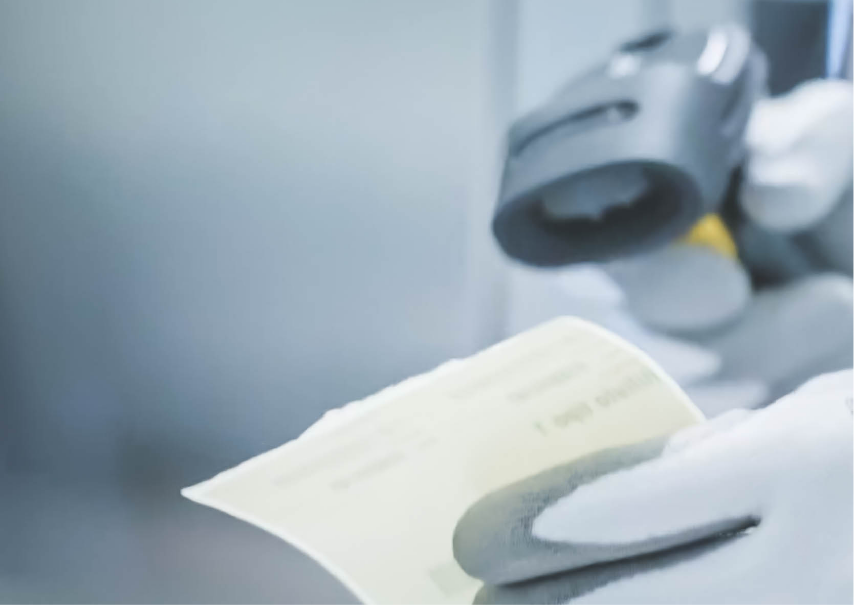
|
Tracecare® and TraceWaste are the two traceability systems for monitoring the sterilisation process in the following processes: • reprocessing of surgical kits in CSSDs, the Tracecare • sterilization and treatment of infectious waste in Cisa WSD waste departments, the TraceWaste |
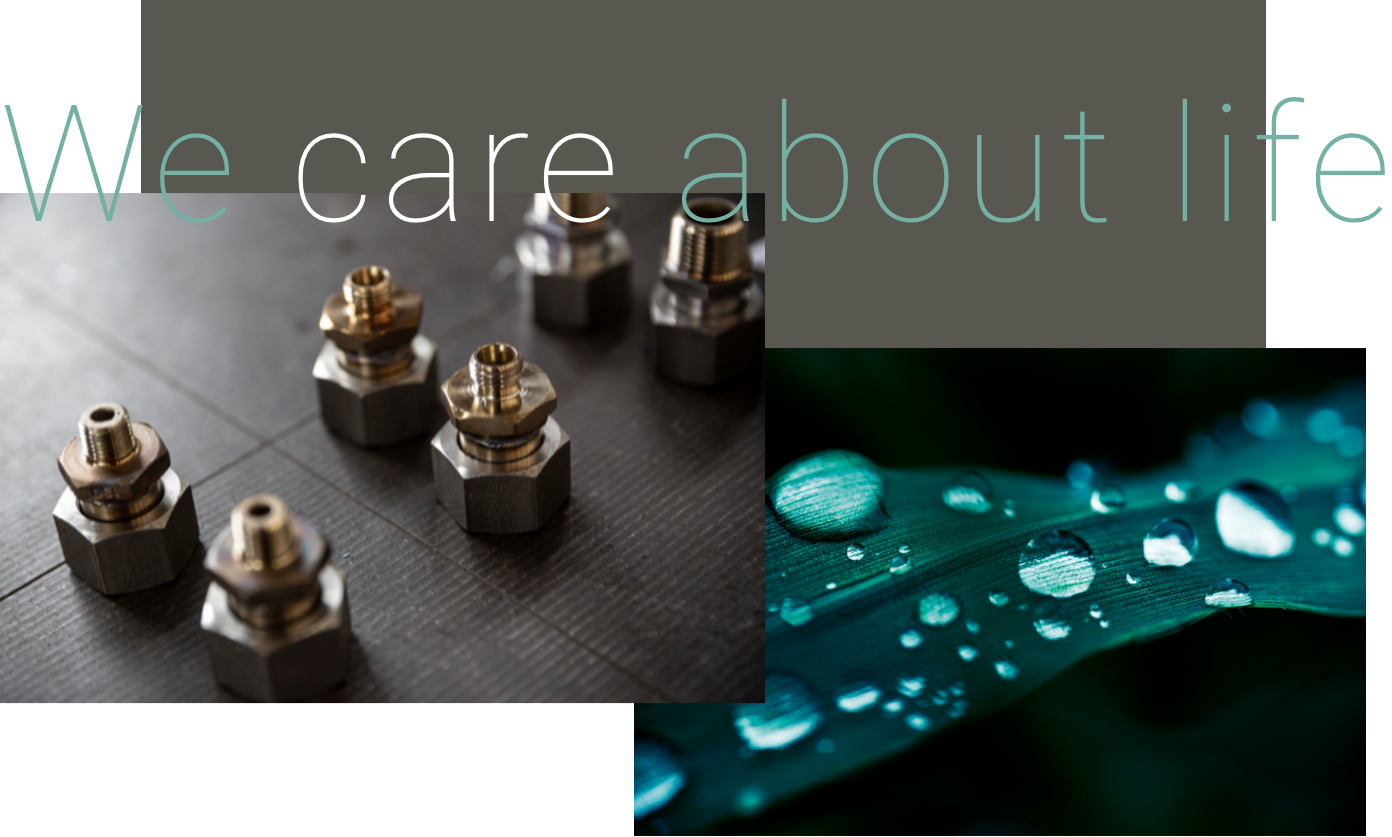
The concept of sustainability, together with a list, drawn up by the United Nations, of 17 Sustainable Development Goals (SDGs) to be achieved by 2030, have spread enormously in recent years.
Sustainable development expands the concept of sustainability on the three pillars that focus even more on the responsibility of each actor and the importance of concrete choices and effective solutions.
Economic sustainability means the ability to safeguard financial resources, efficiency for businesses and income and work for the livelihood of the population.
Environmental sustainability is the ability to maintain the quality, reproducibility and availability of natural resources; this includes everything we can do to be more respectful of the planet.
Social sustainability refers to the safeguard of human wellbeing: the ability to ensure living conditions and quality of life in terms of security, health, education, democracy, participation and justice.
These three closely related pillars guide every social actor, outlining ethics and responsibility towards direct stakeholders, the surrounding communities and the world at large. A player’s commitment to sustainable development is proportional to how much of its activities are aligned with these three pillars.

Environmental sustainability

Economic sustainability

Social sustainability
Most countries are developing new regulations to reduce the costs as well as the environmental and social impact of infectious waste, paying special attention to the UN Sustainable Development Guidelines and their related 17 Sustainable Development Goals (SDGs).
We must all be committed to follow the 2030 Agenda.
Every member of society, whether an ordinary citizen, a public institution or a manufacturing company is looking for ways to reduce their environmental, economic and social impact. Adopting appropriate technologies to safeguard one’s accounts, other persons and the planet helps to optimise and make the ecosystem more sustainable. The only way to pursue sustainable development is to make informed choices and adopt appropriate technologies.
Adequate technologies ensure compliance with regulatory parameters and ensure maximum protection of the safety of operators and the protection of the health of patients and the surrounding environment.
Research and development in infection control does not stop. Cisa Group supports its partners in this journey towards sustainability goals for healthcare applications and scientific activities. Patents and solutions already appropriate as of today.
An ongoing commitment to research and development that looks ahead to 2030 and the future of the planet.
“Ensure
healthy lives and
promote well-being
for all at all ages”
Health is undoubtedly
a global value..
“Ensure
access to water
and sanitation
for all”
Water is the most precious asset for
humanity. Water is life.
“Ensure
access to affordable,
reliable, sustainable
and modern energy”
Energy is a precious asset for
the development of humanity.
“Promote inclusive
and sustainable economic growth,
employment and decent
work for all”
For fair living conditions and economic growth
“Ensure
sustainable consumption
and production patterns”
Sustainable consumption and production: “doing more and better with less"
“Take urgent action
to combat climate
change and
its impacts”
Climate change has significant impacts on humanity
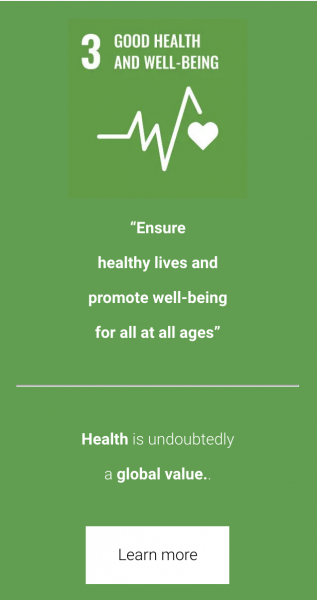
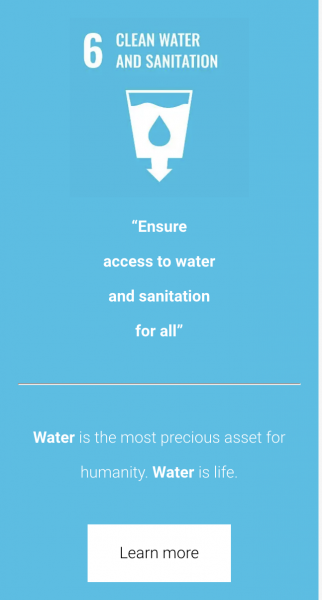
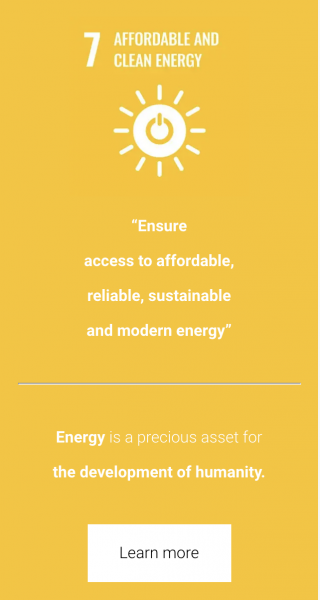
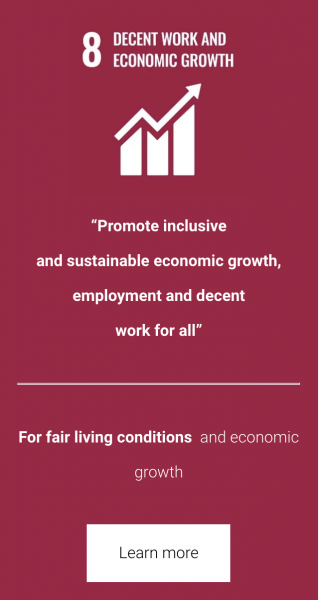
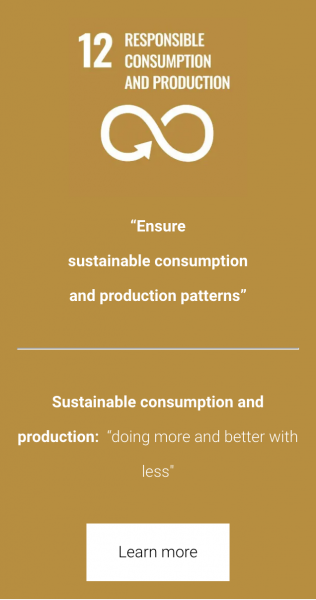
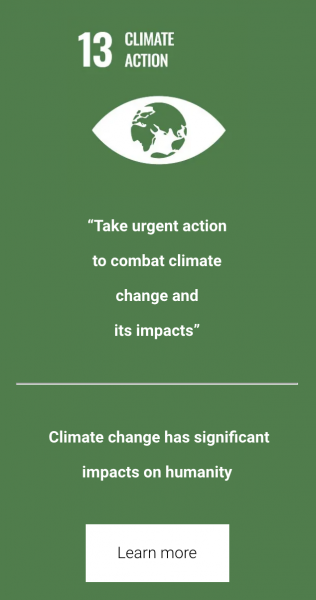






Ensure healthy lives and promote well-being for all at all ages
The UN’s goal number 3 draws attention to the inequalities that still exist in enforcing this right.
While great progress has been made in life expectancy and in reducing some of the most common causes of human death, and much progress has also been made in access to hygiene services and the reduction of serious diseases, a strong commitment is still needed in order to completely eradicate other diseases and address many different health-related issues.
The recent pandemic has confirmed that health is also a global issue and that alertness levels and biosecurity levels must always be kept high and complied with.
Sterilization technologyfor infection control ensures risk containment and safeguards entire communities.
The healthcare industry (hospitals, clinics and healthcare facilities of all sizes) and the life science industry (scientific communities, research centres, medical laboratories and the pharmaceutical industry) work in defense of health on various fronts.
Bio-Contamination control in life science and the sanitary infection control and prevention are the point of contact with Cisa Group and the SGD n. 3.
Washing and disinfection, sterilization, biocontainment and biosecurity are necessary procedures to preserve the health of all and a common welfare.
Authorities and institutions work to identify critical issues as well as opportunities that can guide countries in achieving this fundamental goal of the 2030 roadmap. Creating safer environments in hospitals, healthcare facilities and laboratory applications is crucial for the well-being of humans worldwide, and is a priority for Cisa.
Ensure availability and sustainable management of water and sanitation for all
Goal 6 is about Water: probably the most precious natural resource for mankind.
Water is life. If man can survive without food, it is unlikely for him to do so without water.
Water is therefore a resource that cannot be wasted and must be used consciously and sustainably.
Water should be clean, drinkable and of good quality. It should be plentiful, accessible to all and safeguarded. One of the targets of this SGD is to prevent one in four people from being affected by lasting or recurring drinking water shortages by 2050.
Poor infrastructure and economic mismanagement often lead to supply difficulties, enormous waste and related health hazards.
In some areas of the world, water shortages and poor water quality lead to inadequate sanitation systems with serious social repercussions.
Today, also due to global warming, there are many episodes of drought that, when they affect the world’s poorest countries, cause terrible famines, aggravating hunger and malnutrition.
The type of water influences production processes and the technological and economic development of certain areas of the world.
The sterilisation process uses water: for washing in washer-disinfectors and to create steam in steam autoclaves. There are suitable solutions to make its consumption sustainable, both for washing machines and for high-temperature sterilisers such as Cisa’s patented Aquazero.
Ensure access to affordable, reliable, sustainable and modern energy for all
Energy is also a precious resource for the development of mankind and the protection of life.
Energy is a topical issue that is very much on the public’s mind: renewable energy sources, alternative energies, nuclear power, wind power. It is obvious that energy is a central concern and represents on the one hand a challenge and on the other hand one of the most important opportunities facing the world today.
Access to energy is fundamental to everyday life and the use we make of it or the type of energy we decide to use is decisive for the economic, social and environmental development of mankind.
The use of sustainable energy is a real opportunity that could transform our lives, the economy and the future of the planet.
This goal aims to underscore how crucial it is to ensure universal access to modern energy services, improve energy efficiency and increase the use of renewable resources.
In line with these international energy policies, Cisa Group focuses on limiting consumption and developing the energy efficiency of its technologies.
At the design and construction level, many concrete assessments and choices are made to measure, control and reduce energy consumption in the processes managed by the sterilisation machinery.
Promote sustained, inclusive and sustainable economic growth, full and productive employment and decent work for all
The living conditions and economic growth of the world’s population are not distributed fairly and evenly.
There are still many who live with very little and are unable to obtain an adequate source of income and livelihood. Poverty is a widespread social evil with dire social and environmental repercussions.
Work is not always such a given right and consequently poverty and wealth divide humanity into groups with different opportunities.
Reorganising economic and social policies is the driver of this goal, in order to create a healthy and sustainable economy that can sustain the population with quality, stable and well-paid jobs. It is therefore necessary to protect the right to work and promote a healthy and safe working environment for all. It is important to decouple economic growth from environmental degradation and promote development-oriented policies.
This Goal aims to reward creativity, innovation, bold investments and alternative production processes to stimulate a proper circular economy that does not harm the environment or damage human dignity.
Cisa Group’s long-standing attitude to research and development is fully committed to this resilient stance. The high-level engineering solutions, innovations and simple inventions introduced during its 75 years of activity attest to a fully-fledged culture of sustainability.
Ensure sustainable consumption and production patterns
Sustainable consumption and production. Efficiency of energy, water and food resources. Adequate consumption and costs for processes and infrastructure. As stated on the UN website: ‘doing more and better with less’!
Implementing all this means implementing comprehensive development plans, working towards reducing future economic, environmental and social costs, aiming at improving economic competitiveness and reducing poverty.
The aim is increased welfare from economic activities and from new, more sustainable production cycles that improve the quality of life for all (use of resources, degradation and pollution).
Implementing this Goal requires the general involvement of all stakeholders in the different supply chains and a systematic and cooperative approach between all actors in the supply chain, from producer to consumer.
Avoiding waste is the dictate of this 2030 Agenda Goal, which aims to enforce sustainable processes, practices and procedures in order to maximise and optimise what our planet has to offer and avoid its reckless or excessive and unfair use.
New standards and guidelines indicate or suggest process simplifications: being able to grasp these new developments is essential to start pursuing alternative low-impact solutions such as Curo Waste.
Curo is Cisa’s Waste technology currently operating in the UK that can dramatically reduce to zero the carbon emissions from the current medical waste treatment process, and then treat the by-product without waste.
Raw materials and recycling . Stainless steel is among the most commonly used green raw material as it is 100 percent recyclable.
What’s more, stainless steel production does not produce toxic run-off. Within the medical and laboratory equipment fields, the most popular metal of choice is “type 316L” stainless steel, because of its strength, stability, and ease of cleaning.
Take urgent action to combat climate change and its impacts
Humanity is already experiencing the significant impacts of climate change, such as alterations in the cycle of the seasons, unstable weather conditions, and the many resulting phenomena.
The normal balance of nature has been upset by years of misbehaviour and bad choices that have consequences for traditional national economies.
The symbol of this devastating phenomenon are greenhouse gas emissions resulting from human activities. Today, emissions are at their highest level in history and continue to rise: action must be taken to prevent the earth’s average surface temperature from rising further and to bring it back to pre-industrial levels instead.
Communities, institutions and states have a duty to protect the most sensitive places on the planet and the poorest and most vulnerable people who will be the most exposed.
New behaviours, appropriate technologies and flexible solutions to contain the temperature increase compared to the previous three decades are already in place.
Humanity is aware of this and in fact, the pace of change is accelerating: the use of renewable energies and the implementation of many measures are on the rise. Cisa offers its expertise to reduce the carbon footprint of the healthcare industry and scientific research, for example with its system for the treatment of medical and infectious waste.
It is obvious that climate change is a global challenge that goes beyond national borders. Emissions are everywhere and only internationally coordinated solutions can tip the balance towards a low-carbon economy. Countries have signed several international agreements (such as the Paris Climate Agreement of 2015), preceding or succeeding national pacts such as the Climate Change Act, drafted by the UK parliament as early as 2008, which Curo Waste also refers to .
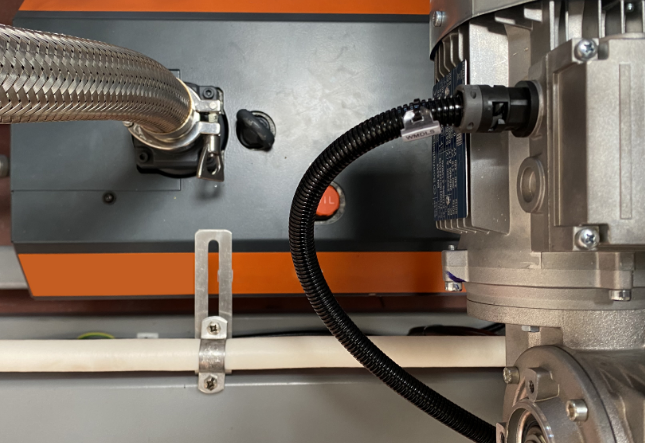

Water is the basic requirement on which all standard steam sterilizers depend for vacuum generation.
There are several critical issues related to the supply and consumption of water for sterilisation:
Every single litre of water used with a steam steriliser is paid for three times by the facility and the environment: first as a raw material for the process, then for its treatment and finally for its disposal.
Aquazero®, Cisa Group’s patented steam sterilisation technology, does not use water to generate vacuum in the autoclave.
Using Aquazero® results in low water consumption throughout the sterilisation process with consequent savings in terms of consumption and costs.
Aquazero® is also a winning solution in critical areas of the world where there isn’t always enough water or it isn’t even usable.
While traditional vacuum generation systems require water at ideal temperatures of around 10 degrees, Aquazero® can ensure optimal performance even with water at higher temperatures than required. This avoids costly cooling operations that would affect energy consumption and facility bills as well as global warming.

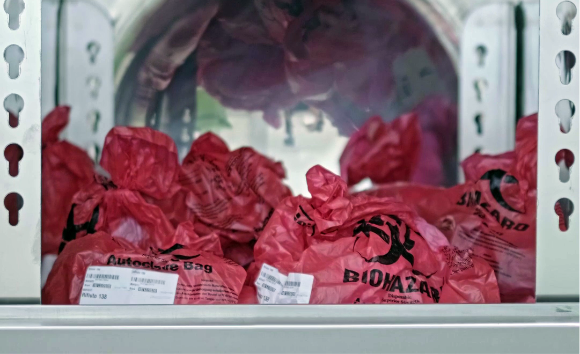

Cisa is leading the field with the new-to-the market invention of a Waste Sterile Department (WSD®), an integrated on-site department to treat medical waste directly inside the hospital, dramatically reducing volume and costs.
Cisa’s WSD® solutions provide maximum protection for the people involved, the facility and the environment, ensuring a safe, economical and sustainable management. The on-site sterilization makes it possible to transform large volumes of waste into small volumes, which can then be treated as mixed municipal waste. As a result, benefits arise in terms of circular economy and financial management for the healthcare facility.
The installation of a WSD® reduces the volume and transport of waste by 8 times: this means millions of vehicles less on the roads and the opportunity to reduce CO2 emissions.
The system offers substantial reductions – from 30 to 40% – in transport costs and waste management costs, as well as the ability to offset the carbon footprint with the production of millions of KW of reusable electricity.
Improved health waste management can contribute to several of the UN’s Sustainable Development Goals.
WSD®. One step closer to major milestones


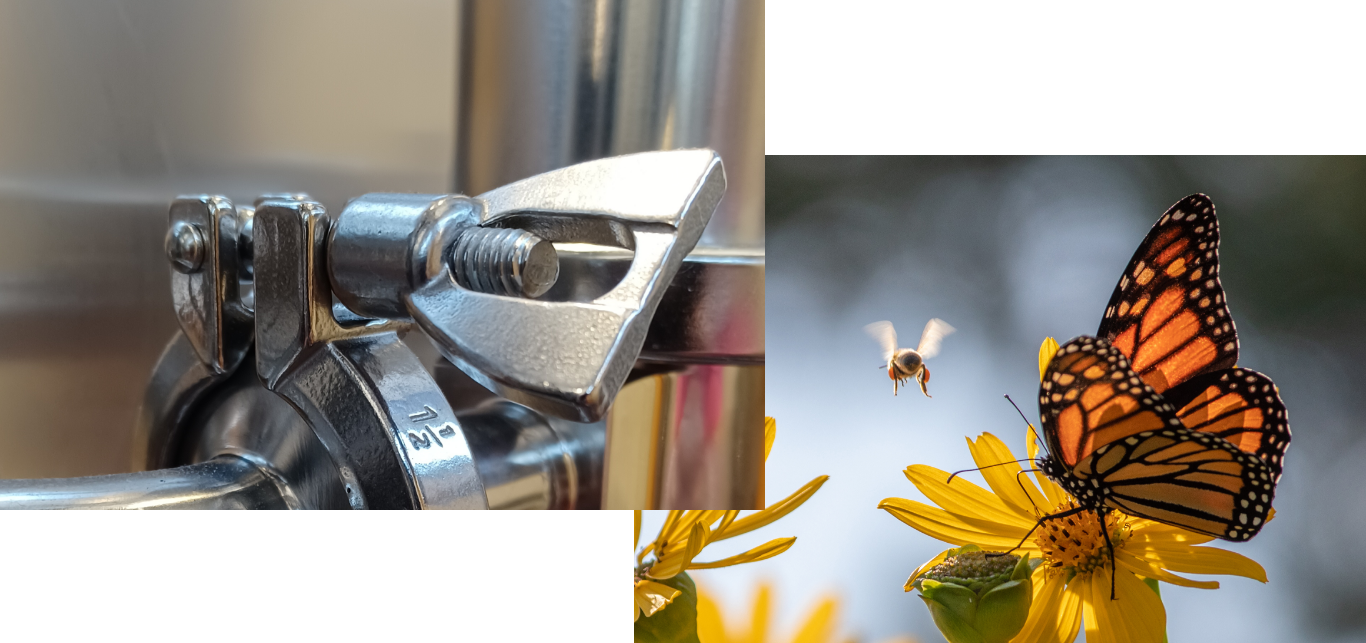

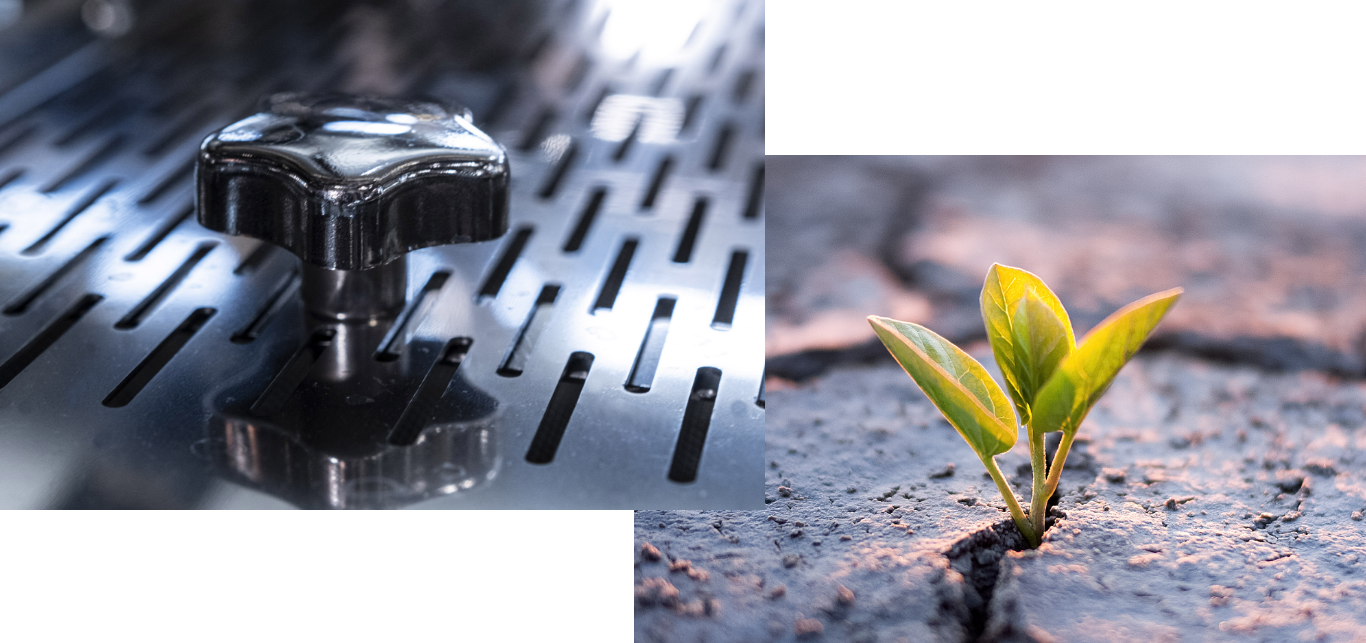
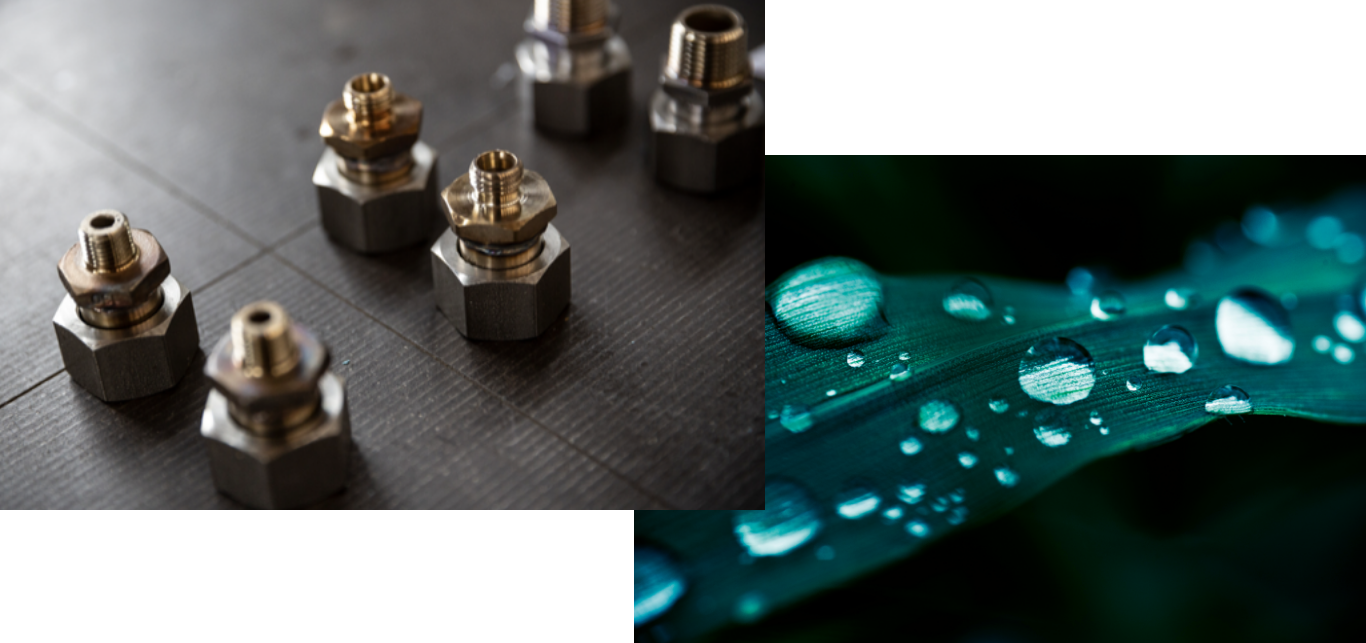
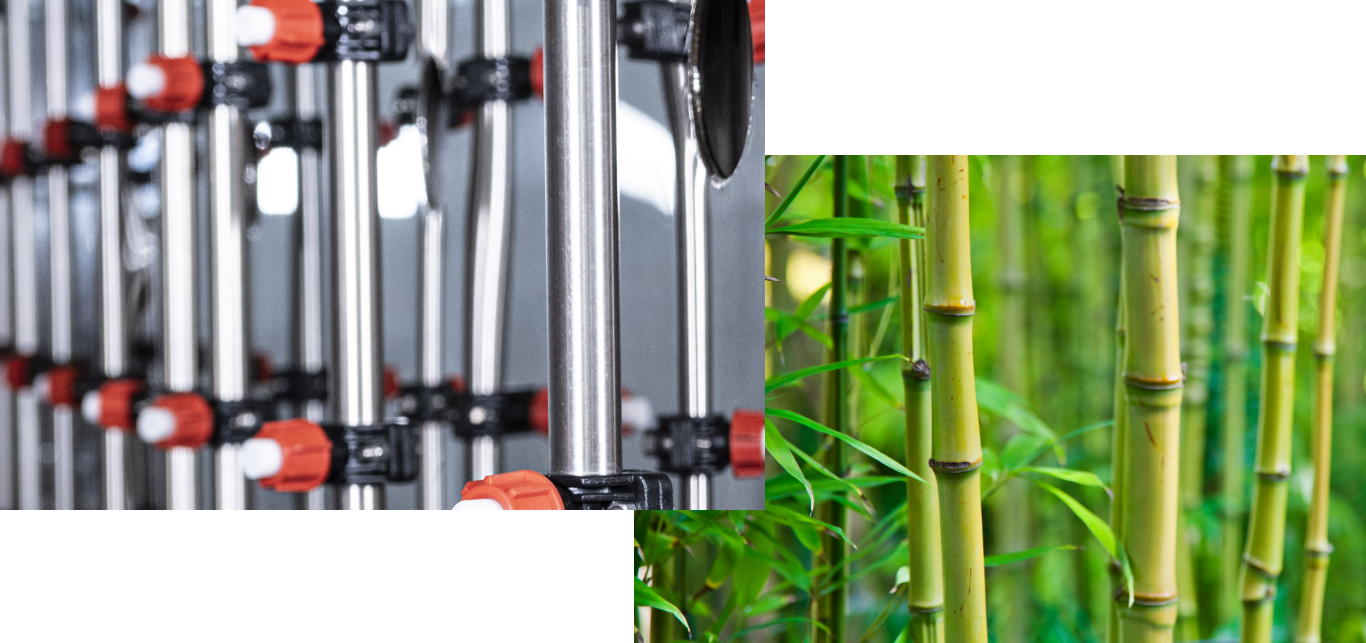
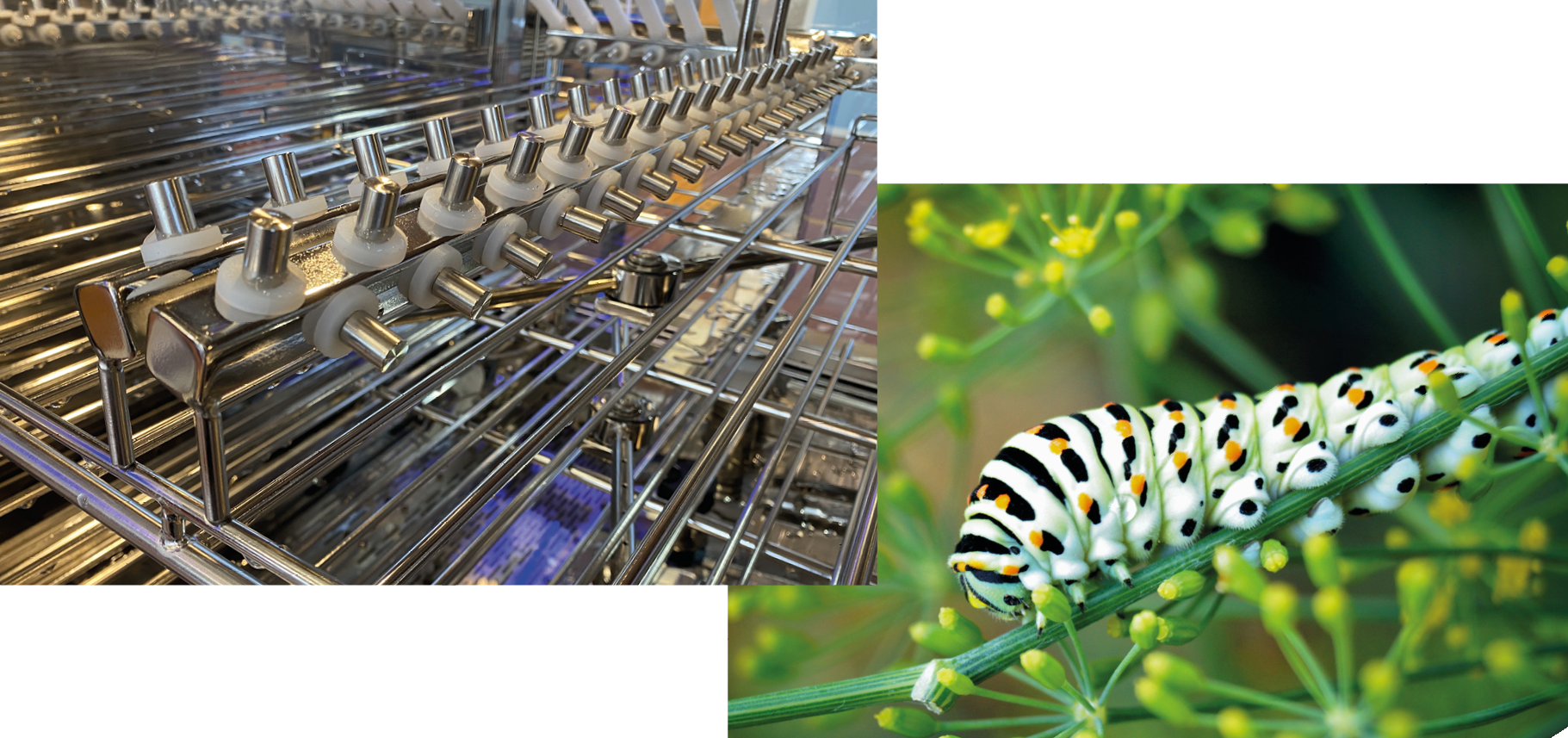
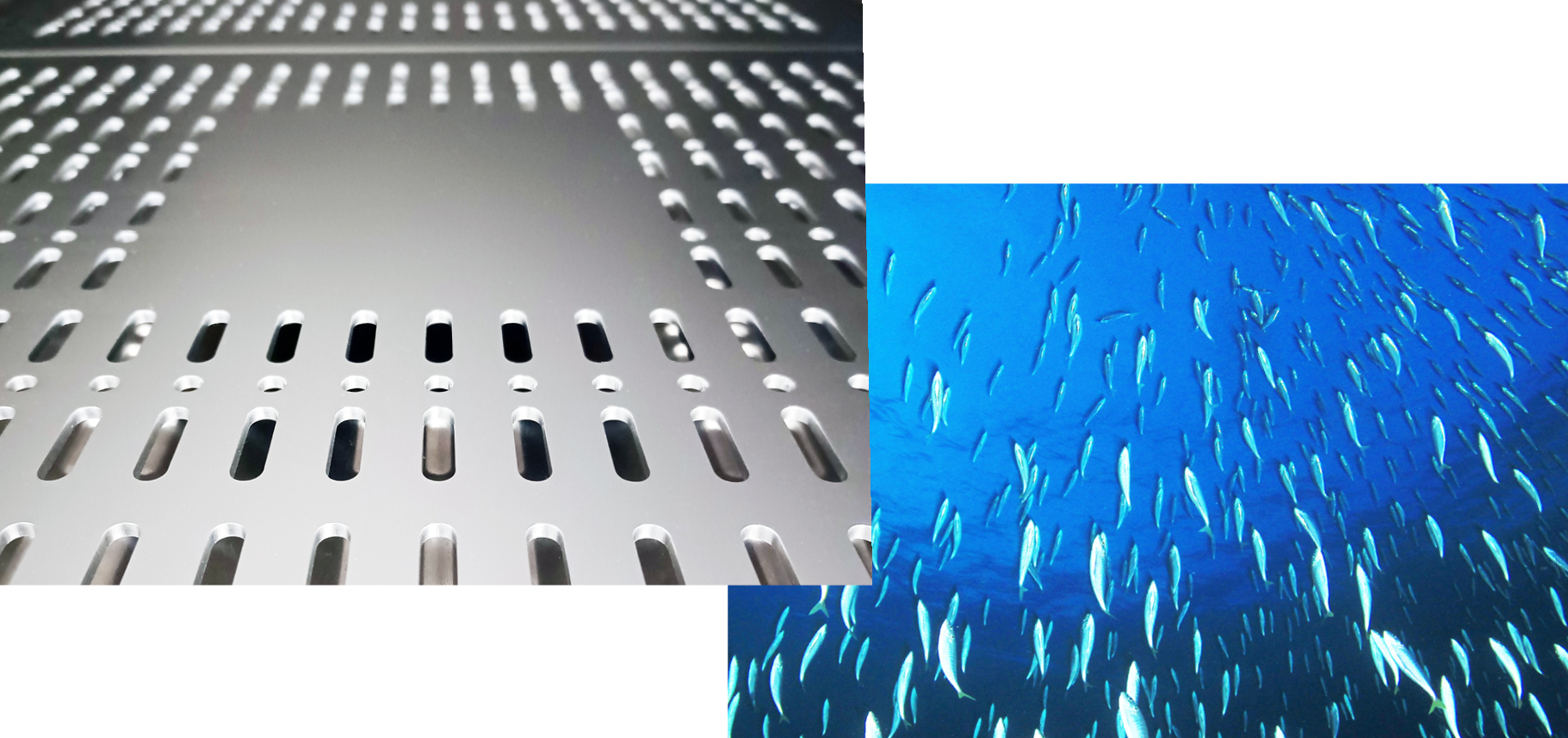
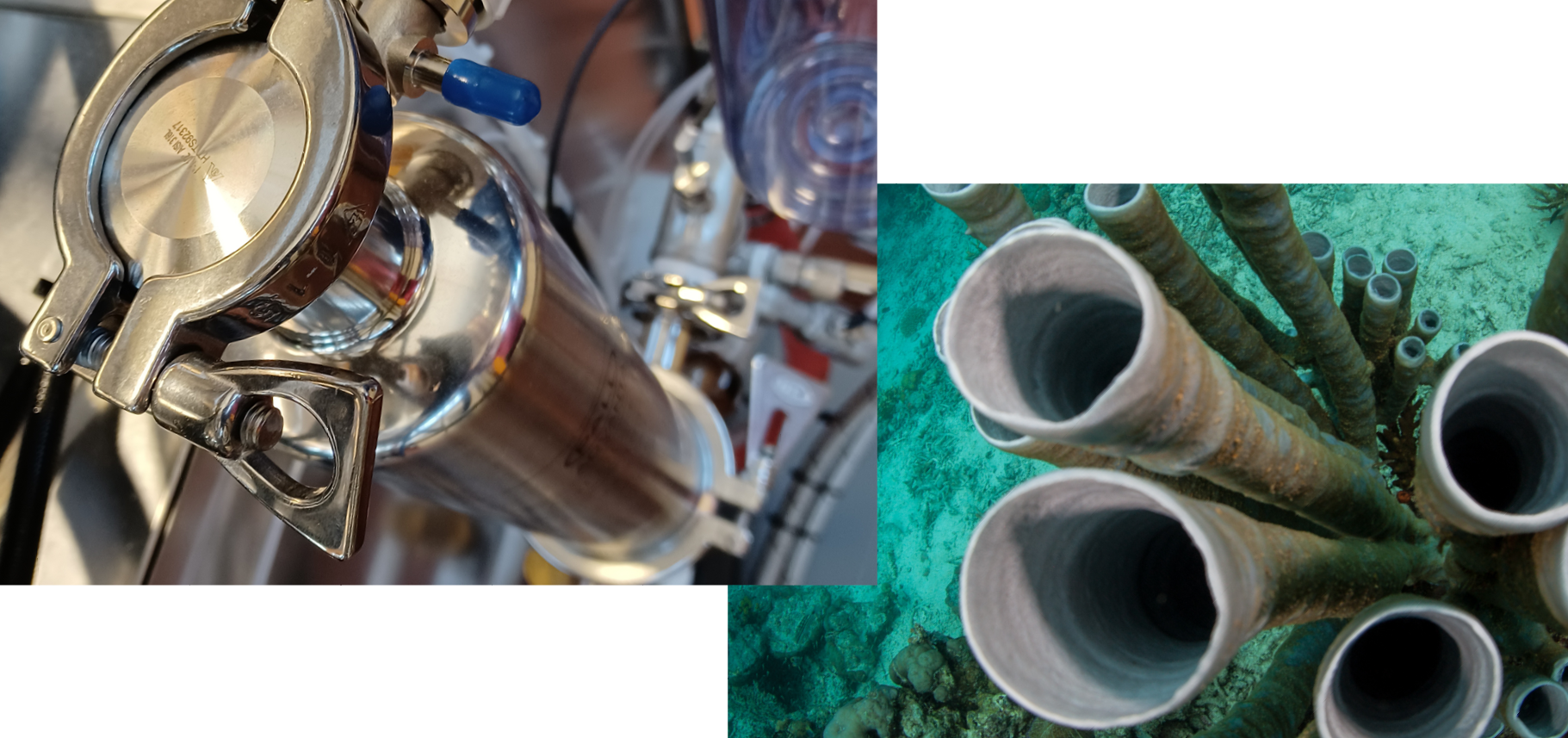



PHONE +39 0583 15381 EMEA MARKET
PHONE +55 47380 19090 LATAM MARKET
